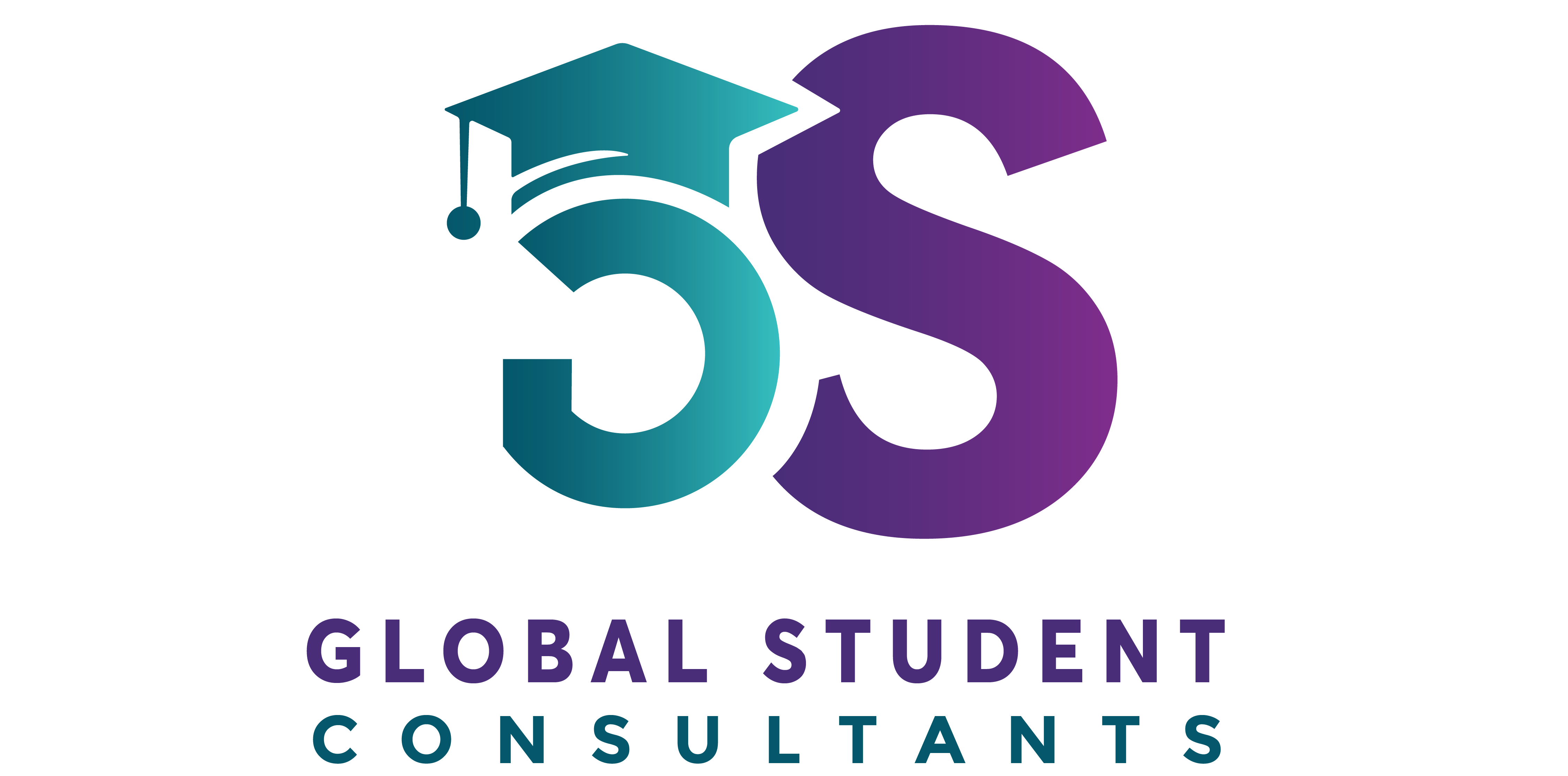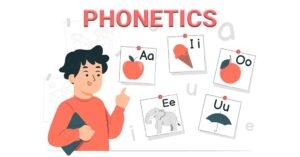
In today’s interconnected world, proficiency in English communication is not merely advantageous but often essential for personal growth, career advancement, and academic achievement. Whether you’re aiming to excel in professional settings, build meaningful relationships, or succeed academically, mastering English communication skills is paramount. This detailed guide explores the profound importance of these skills, actionable strategies for improvement, and their transformative impact across various aspects of life.
The Significance of English Communication Skills
English serves as a global language of communication, facilitating interaction and collaboration across cultures and continents. Proficiency in English communication offers numerous benefits:
Global Opportunities: English proficiency opens doors to international job markets, global business opportunities, and academic institutions worldwide.
Career Advancement: Strong communicators are more effective in job interviews, presentations, negotiations, and team collaborations, thereby enhancing their professional growth and leadership potential.
Academic Excellence: In academic settings, clear and articulate communication in English is crucial for participating in discussions, presenting research findings, and excelling in exams such as TOEFL or IELTS.
Personal Empowerment: Mastery of English communication fosters self-confidence, enables individuals to express themselves effectively, and enhances social interactions, both online and offline.
Strategies for Enhancing English Communication Skills
Improving English communication skills involves a combination of practice, learning, and refining both verbal and non-verbal communication abilities. Here are detailed strategies to help you develop and strengthen these skills:
- Develop Strong Listening Skills
Active Listening: Focus on understanding the speaker’s message by paying attention to verbal cues, tone, and context.
Note-taking: Capture key points during conversations, lectures, or meetings to aid comprehension and retention.
Feedback: Provide feedback to ensure mutual understanding and clarify any points of confusion. - Enhance Verbal Fluency and Clarity
Practice Speaking: Engage in regular conversations with native speakers or language partners to improve fluency and spontaneity.
Expand Vocabulary: Learn new words, idioms, and phrases to express ideas accurately and precisely.
Pronunciation and Intonation: Practice correct pronunciation and intonation through listening exercises, mimicry, and pronunciation guides. - Master Non-Verbal Communication
Body Language: Use gestures, facial expressions, and posture to convey confidence, interest, and engagement.
Eye Contact: Maintain appropriate eye contact to establish rapport and demonstrate active listening.
Cultural Sensitivity: Be aware of cultural differences in non-verbal cues to avoid misunderstandings and promote effective communication. - Develop Empathy and Cultural Understanding
Empathetic Listening: Understand and respond to others’ perspectives and emotions with sensitivity and respect.
Cultural Awareness: Learn about cultural norms, values, and etiquette to communicate effectively in diverse cultural settings.
Adaptability: Adjust your communication style and approach based on cultural context and audience preferences. - Adapt Communication to Different Contexts
Formal vs. Informal Language: Understand when to use formal or informal language based on the setting and audience.
Professional Communication: Practice writing professional emails, reports, and presentations using clear and concise English.
Social Communication: Engage in casual conversations to improve conversational skills and build relationships.
Impact of English Communication Skills in Various Areas
Professional Success
Proficient English communicators excel in:
Leadership: Inspiring and motivating teams, influencing stakeholders, and driving organizational success.
Negotiation: Articulating viewpoints persuasively, negotiating effectively, and achieving mutually beneficial outcomes.
Presentation Skills: Delivering compelling presentations that captivate audiences, convey information clearly, and drive decision-making.
Personal Relationships
Effective Communication: Strengthening interpersonal relationships, fostering trust, and enhancing mutual understanding.
Networking: Building connections and establishing meaningful relationships with people from diverse backgrounds.
Conflict Resolution: Resolving conflicts constructively through clear communication and empathetic listening.
Academic Achievement
Classroom Participation: Actively participating in discussions, debates, and collaborative projects.
Research and Writing: Presenting research findings coherently, writing essays effectively, and demonstrating language proficiency in exams.
Language Proficiency Tests: Excelling in English language proficiency tests such as TOEFL or IELTS, essential for academic admissions and professional certifications.
Conclusion
Mastering English communication skills is a journey of continuous learning, practice, and adaptation. By honing these skills, individuals can confidently navigate diverse personal and professional environments, make meaningful connections, and achieve their goals with clarity and impact. Embrace the opportunities to enhance your English communication skills, unlock your full potential, and thrive in an increasingly interconnected world.
Remember, effective communication in English is not merely about language proficiency but also about connecting authentically, understanding cultural nuances, and making a positive impact in every interaction. Start your journey today and reap the rewards of becoming a proficient English communicator. Visit our office in Lahore for more details. Global IELTS&PTE is the best coaching center in Lahore.





